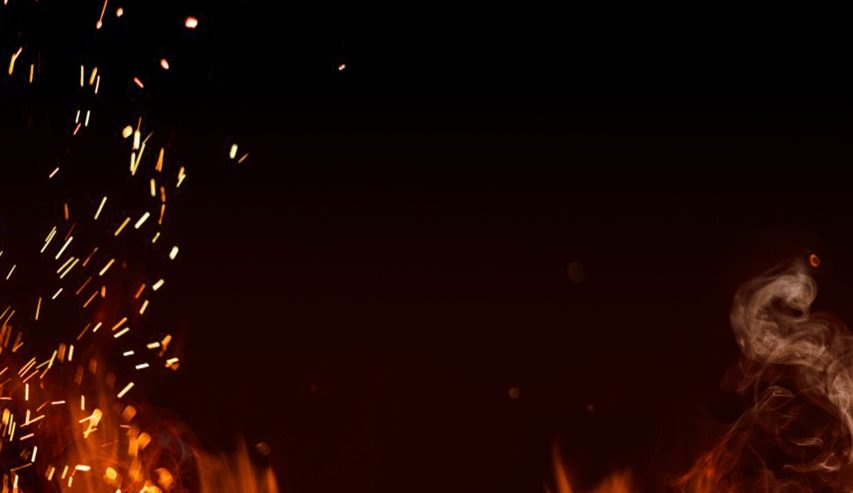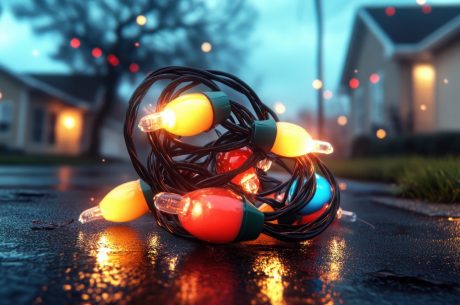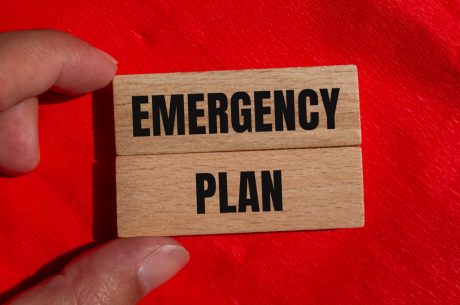Grilling is more than just a cooking method; it’s a cultural phenomenon. There’s something inherently satisfying about the sizzle of meat hitting the grill and the aroma that wafts through the air. Fire risk may take away the excitement of grilling, but it’s crucial not to overlook the importance of grill maintenance. Neglecting your grill can not only lead to poor cooking results but also increase the risk of fire hazards. In this comprehensive guide, we’ll explore everything you need to know about maintaining your grill to ensure safe and enjoyable grilling experiences.
Table of Contents
Avoid Fire Risks
Grilling season is upon us, and as we dust off our trusty grills, it’s essential to remember the importance of grill maintenance. Neglecting this vital aspect not only affects the flavor of your food but also poses a significant fire risk. So, before you fire up those burners, let’s dive into the world of grill maintenance.
Why Grill Maintenance Matters
Your grill is not just a cooking appliance; it’s an investment in delicious meals and memorable gatherings. Regular maintenance ensures that your grill operates efficiently and reduces the risk of accidents, particularly flre ups and fire risk. By dedicating some time to upkeep, you’re not only prolonging the lifespan of your grill but also safeguarding your home and loved ones.
- Regular maintenance enhances grill performance.
- Reduces flare ups and fire risks.
- Preserves the longevity of your grill.
Cleaning Your Grill
One of the fundamental aspects of grill maintenance is keeping it clean. Grease and food residue buildup not only affect the flavor of your food but can also ignite, leading to flare-ups and fire risks. After each use, take the time to scrub the grates and interior with a grill brush or scraper. For stubborn residue, soak the grates in warm, soapy water before scrubbing.
- Clean the grill after each use to prevent grease buildup.
- Use a grill brush or scraper to remove residue.
- Soak grates in warm, soapy water for stubborn stains.
Inspecting for Wear and Tear
Regular inspections are crucial for identifying any signs of wear and tear on your grill. Check for rust, corrosion, or damaged parts that may compromise its functionality. Pay close attention to the burner tubes, hoses, and ignition system. Replace any worn-out components promptly to maintain optimal performance and prevent fire risks.
- Conduct regular inspections for rust or damage.
- Focus on critical components like burner tubes and hoses.
- Promptly replace any worn-out parts.
Checking Gas Connections
For gas grills, ensuring proper gas connections is essential for safety. Before each use, inspect the gas lines and connections for leaks or damage. Apply a solution of soapy water to the connections and turn on the gas. If bubbles form, it indicates a leak, and the connection should be tightened or replaced immediately. Although gas grills may appear more convenient in certain situations, they also come with the risk of explosion if not properly maintained.
- Regularly check gas lines and connections for leaks.
- Use a solution of soapy water to detect leaks.
- Tighten or replace damaged connections promptly.
Proper Storage
Proper storage is key to extending the life of your grill. When not in use, cover your grill with a weatherproof cover to protect it from the elements. Store propane tanks in a cool, dry place away from heat sources and direct sunlight. Additionally, consider storing your grill indoors during the offseason to prevent rust and corrosion. Adding a gas leak detector to your designated storage area may reduce additional fire risks as well.
- Cover your grill with a weatherproof cover when not in use.
- Store propane tanks in a cool, dry place.
- Consider indoor storage during the off-season.
Using Grill Accessories Safely
Accessories like grill brushes, spatulas, and tongs are essential tools for grilling, but they can also pose safety risks if not used properly. Inspect your accessories regularly for wear and tear, especially bristles that may break off and contaminate your food. Opt for high-quality, heat-resistant accessories and replace them as needed to ensure safe and enjoyable grilling experiences.
- Regularly inspect grill accessories for wear and tear.
- Choose high-quality, heat-resistant accessories.
- Replace accessories as needed to avoid safety hazards.
Monitoring While Grilling
While grilling, it’s essential to stay vigilant and monitor your grill closely. Keep an eye on the flames and temperature to prevent flare-ups, ensure even cooking, and prevent fire risks. Avoid leaving your grill unattended, especially when cooking fatty or greasy foods that are prone to causing flare-ups. By staying attentive, you can mitigate fire risks and accidents and achieve perfectly grilled results.
- Monitor the flames and temperature while grilling.
- Avoid leaving the grill unattended.
- Stay attentive to prevent flare-ups.
Addressing Common Issues
Despite your best efforts, you may encounter common issues with your grill from time to time. From uneven heating to ignition problems, knowing how to address these issues can save you time and frustration. Refer to your grill’s manual for troubleshooting tips, or seek assistance from a professional if needed. Addressing issues promptly not only ensures optimal performance but also reduces the risk of fire risks.
- Refer to your grill’s manual for troubleshooting tips.
- Seek professional assistance for complex issues.
- Promptly address issues to prevent fire hazards.
Conclusion
Many people enjoy grilling, but it’s crucial to prioritize safety by keeping your grill in good condition. By following the tips outlined in this guide, you can reduce fire risks and ensure safe and enjoyable grilling experiences for years to come. Remember, a well-maintained grill not only cooks better but also brings people together for memorable moments around the fire.
1. How often should I clean my grill?
Regularly clean your grill after each use to prevent grease buildup and maintain optimal performance.
2. Can I use oven cleaner to clean my grill?
It’s not recommended to use oven cleaner on your grill as it may leave harmful residues. Stick to grill-specific cleaners or natural solutions like vinegar and baking soda.
3. What should I do if I detect a gas leak?
If you detect a gas leak, immediately turn off the gas supply, evacuate the area, and contact a professional for assistance.
4. How can I prevent flare-ups while grilling?
To prevent flare-ups, trim excess fat from meats, avoid cooking overly fatty foods, and keep a spray bottle of water handy to douse flames if necessary.
5. Is it safe to grill indoors?
Grilling indoors can pose significant fire and safety risks due to carbon monoxide buildup and fire hazards. It’s best to grill outdoors in a well-ventilated area.
6. What should I do if my grill won’t ignite?
If your grill won’t ignite, check the gas supply, ensure the ignition system is clean and free of debris, and inspect the burner tubes for blockages.
7. How can I extend the lifespan of my grill?
To extend the lifespan of your grill, practice regular maintenance, keep it clean, store it properly, and address any issues promptly.
8. Can I leave my propane tank connected to the grill when not in use?
It’s recommended to disconnect the propane tank from the grill when not in use and store it in a cool, dry place away from heat sources.
9. What should I do if my grill’s temperature gauge isn’t accurate?
If your grill’s temperature gauge isn’t accurate, use an oven thermometer to monitor the temperature or consider replacing the gauge if necessary.
10. Are there any safety precautions I should take when using charcoal grills?
When using charcoal grills, ensure proper ventilation, use charcoal starter fluid safely, and dispose of ashes properly to prevent fire hazards and carbon monoxide poisoning.
PuroClean Property Savers provides emergency restoration services 24 hours a day, seven days a week. Our services include water damage, fire & smoke damage, mold remediation, biohazard cleanup, reconstruction and large-scale commercial property damage. We service Austin, Bastrop, Buda, Cedar Creek, Cedar Park, Del Valle, Dripping Springs, Elgin, Georgetown, Hutto, Kyle, Leander, Manor, Marble Falls, Pflugerville, Round Rock, Taylor, and Wimberley. Our average “on-site” time is 60 minutes, and we work directly with your local insurance provider.
Our role goes beyond just repairing properties; it’s also repairing lives. Visit us online at “PuroClean Property Savers.” Give us a call now at (512) 956-5700 or email us at [email protected] to schedule a visit.
You can also find additional resources for emergency management, fire prevention planning, flash flood situations, and many other risks at the City of Austin Fire Department initiative #LetsGetRealATX.




 PuroClean Property Savers
PuroClean Property Savers